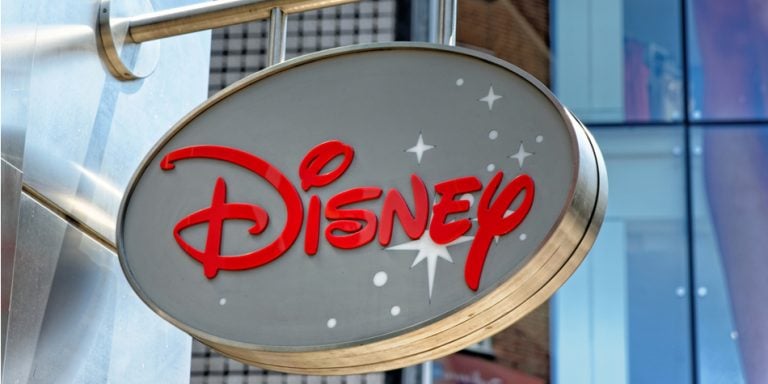Since Comcast Corporation (NASDAQ:CMCSA) stomped on the Walt Disney Co (NYSE:DIS) bid for Twenty-First Century Fox Inc’s (NASDAQ:FOXA) assets in late February, bidding $31 billion for Sky PLC (ADR) (OTCMKTS:SKYAY), shares in both bidders have fallen.
But Comcast has fallen harder and faster, now down nearly 15%. This has taken its market cap down to $156.8 billion, barely above Disney’s $151.2 billion, despite the distribution advantage of its cable assets, and the prospect of having more should the Sky deal go through.
It’s almost as if investors were telling Comcast that programming matters more than pipes, and it could move Comcast to abandon its bid, according to MoffettNathanson analyst Craig Moffett.
The interesting question for bystanders thus becomes, what if these investors are right? What if owning a distribution network isn’t decisive in profiting off programming?
DIS, CMCSA and Sports
Since it closed on NBC Universal in early 2011, Comcast shares have more than tripled, from the equivalent of about $11.35 to today’s $38. But Disney shares haven’t suffered. They’re up to $102, each from less than $40 each back then.
It has been very frustrating to Comcast CEO Brian Roberts. Comcast hasn’t even beaten the gains in the Dow Jones Industrial Average over the last five years. Operating income since 2015 is up just 12%, while DIS’ has barely risen 5%.
The hidden gem in the proposed Disney deal with Fox, meanwhile, is Fox’ regional sports networks, with their extensive local sports rights. While Fox would keep its national sports networks, the local nets would go to DIS’ ESPN. An analysis by the American Enterprise Institute indicates these represent nearly 40% of the deal’s value.
Comcast knows this. It has several regional sports networks of its own, and its national NBC SN sports network does compete in a market dominated by ESPN. This, then, could be the key to Comcast’s trying to stop the Disney-Fox deal. The combination could take ESPN out of sight, and (with the prospect of local subscription revenue) put it back in the black.
What About Sharing?
If both these deals go through, Comcast would end up owning 60% of Sky and Disney 40%. This kind of split control could prove disastrous, as the example of another sports asset, the Arsenal Football Club in London, illustrates.
There, ownership is split between American Stan Kroenke and Russian oligarch Alisher Usmanov. The asset is managed for short-term profit, rather than equity value, since either owner would have to pay the rise in equity to the other if they ever split up. The rivalry has grown personal and the club is not benefiting.
A Sky split between Comcast and Disney could go the same way. It would be starved for investment in streaming that would not grow each year’s bottom line, and could make both companies more vulnerable to Netflix, Inc. (NASDAQ:NFLX) in Europe.
These deals are, in the end, are all about Netflix. Holding content from Netflix, as Disney did in launching its own streaming services. Ring-fencing its growth, and slowing its stock, which at a market cap of $127 billion is starting to rival that of both Comcast and DIS, despite having no distribution assets at all.
The Bottom Line
If the investor view offered by Moffett is right, both these deals are a waste of time, and investing in content and technology is the proper way forward, rather than buying old catalogs or dying distribution networks.
Investors might be wise to give both Comcast and Disney a miss and use the “tech wreck” as an excuse to seek a bottom in Netflix and grab it.
Dana Blankenhorn is a financial and technology journalist. He is the author of the historical mystery romance The Reluctant Detective Travels in Time, available now at the Amazon Kindle store. Write him at danablankenhorn@gmail.com or follow him on Twitter at @danablankenhorn. As of this writing, he owned no shares in companies mentioned in this story.

